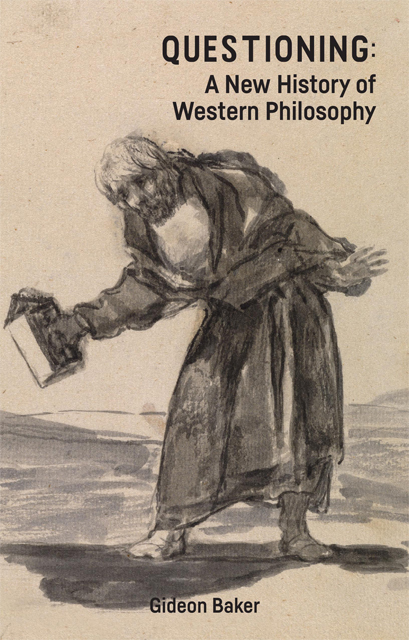11 - Kant
Published online by Cambridge University Press: 14 July 2023
Summary
UP UNTIL LATER LIFE there was little indication that the eighteenth-century German philosopher Immanuel Kant (1724– 1804), well-regarded as he was, had any original questions. But then he encountered a problem that placed everything he thought he knew in doubt. This was David Hume’s problem as set out in An Enquiry Concerning Human Understanding (1748). Hume had pointed out, not unreasonably, that our knowledge of the world is founded on the relation of cause and effect. If asked how we know about this relation, we point to experience. But what experience do we have, can we have, of causality as such? In noticing that we only ever infer causality rather than being able to experience it directly, Hume posed the wider question of whether our knowledge of the world can ever go beyond our experience of it.
Kant’s response (Prolegomena 4:260–1) to this challenge, which ‘first interrupted my dogmatic slumber’, was decisive in the development of critical philosophy. Indeed, as Kant wasn’t shy to point out, his critique of dogmatic metaphysics led to a Copernican revolution in philosophy. Given that the original Copernican Revolution had turned the European universe inside-out by showing that the earth moves around the sun rather than the reverse, this was no small boast. But what did Kant mean by it?
Before Kant, Western philosophy had assumed that we can have true knowledge of things. While Descartes and Spinoza believed that error was commonplace, they held that reason could sort truth from falsehood and that, in this way, we could gradually attain complete knowledge of the world and God. Even sceptics of rationalism like Hume did not doubt that our senses give us access to the world. Hume believed that we know only through empirical experience, and therefore know much less than we think we know – as we saw, he doubted that we really know causality because this is unavailable to the senses. Causality is only the habit of associating one thing with another, no more. But though we can’t know relations between things, Hume didn’t doubt that we can still know things themselves through our experience of them.
While Kant came to accept Hume’s argument against the rationalists (himself included) that we can only know what is given empirically, that we can’t go beyond experience, it dawned on Kant that even empiricism had misplaced its confidence.
- Type
- Chapter
- Information
- QuestioningA New History of Western Philosophy, pp. 113 - 124Publisher: Edinburgh University PressPrint publication year: 2022

